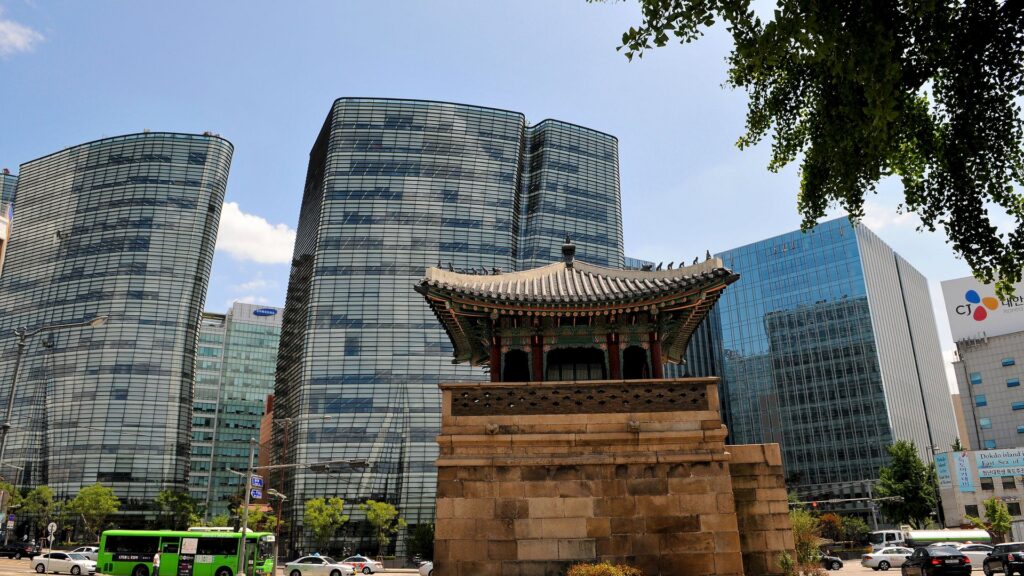Jeonju, located in Jeollabuk-do province in South Korea, is a city known for its rich history, vibrant culture, and delicious food. It is often referred to as the culinary capital of South Korea, famous for its traditional Hanok village, where visitors can experience the charm of old Korea through its preserved traditional houses, art galleries, and handicraft shops.
One of the highlights of Jeonju is its iconic Jeonju Bibimbap, a popular Korean dish made of rice, assorted vegetables, egg, and spicy red pepper paste. The city is also known for its many food alleys and markets, where visitors can indulge in a variety of local dishes and street foods.
In addition to its culinary offerings, Jeonju is also home to many historical and cultural attractions. The Jeonju Hanok Village, a UNESCO Creative City of Gastronomy, is a must-visit for those interested in traditional Korean architecture and culture. The village is lined with hundreds of well-preserved Hanok houses, some of which have been converted into guesthouses, cafes, and shops.
Other attractions in Jeonju include the Jeonju Hyanggyo Confucian School, a historic school that dates back to the Joseon Dynasty, and the Jeonju National Museum, which showcases artifacts and exhibits related to Korean history and culture.
Overall, Jeonju is a city that offers a unique blend of history, culture, and culinary delights, making it a must-visit destination for anyone traveling to South Korea.
What to explore:
1. Jeonju Hanok Village – This traditional Korean village is famous for its well-preserved hanok (traditional Korean houses) and cobblestone streets. Visitors can explore the village and learn about traditional Korean culture.
2. Gyeonggijeon Shrine – This historic shrine was built in 1410 and houses the portrait of King Taejo, the founder of the Joseon Dynasty. Visitors can explore the shrine and learn about Korea's royal history.
3. Jeonju Hanji Village – This village is dedicated to the art of hanji, traditional Korean paper made from mulberry trees. Visitors can watch artisans demonstrate the paper-making process and purchase hanji products.
4. Jeonju National Museum – This museum showcases the history and culture of Jeonju and the surrounding Jeolla region. Visitors can explore exhibits on traditional Korean art, artifacts, and historical figures.
5. Omokdae and Imokdae – These twin peaks offer panoramic views of Jeonju and the surrounding countryside. Visitors can hike to the top of the peaks and enjoy the scenery.
6. Nambu Market – This bustling market is a popular spot for locals and tourists alike to sample Jeonju's famous food, including bibimbap (mixed rice dish) and kongnamul gukbap (bean sprout soup).
7. Upo Wetland – This wetland is a designated Ramsar site and a popular spot for birdwatching and nature walks. Visitors can explore the wetland on foot or by boat.
8. Jeonju Zoo – This small zoo is home to a variety of animals, including tigers, lions, and monkeys. Visitors can stroll through the zoo and enjoy up-close encounters with the animals.
9. Jeonju Contemporary Art Museum – This museum showcases contemporary Korean art and hosts rotating exhibits by local and international artists. Visitors can explore the museum and learn about the vibrant art scene in Jeonju.
10. Pungnammun Gate – This historic gate is one of the four remaining city gates of Jeonju and dates back to the Joseon Dynasty. Visitors can admire the traditional architecture and learn about the gate's significance in Korean history.
